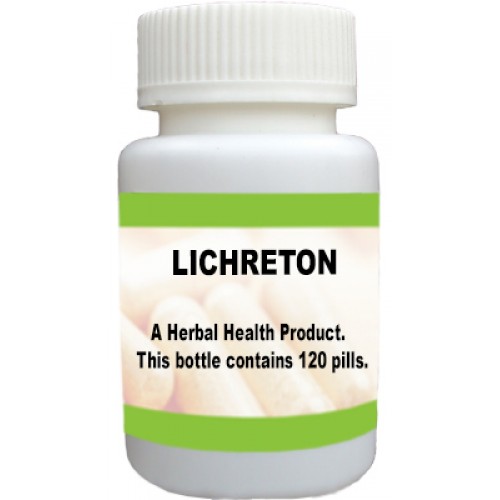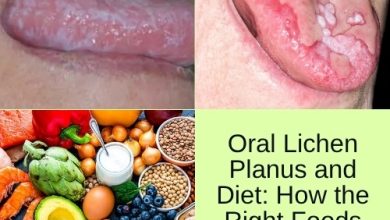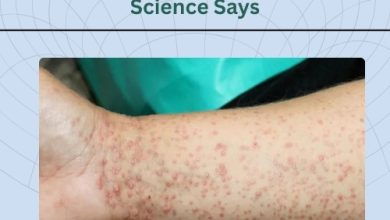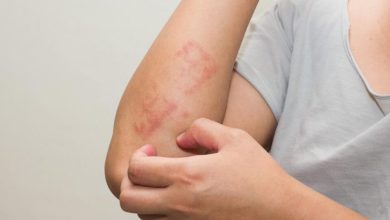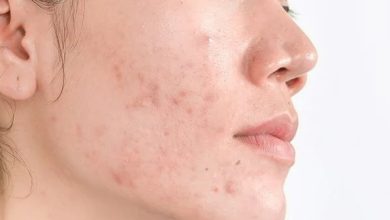10 Home Remedies for Oral Lichen Planus Treatment
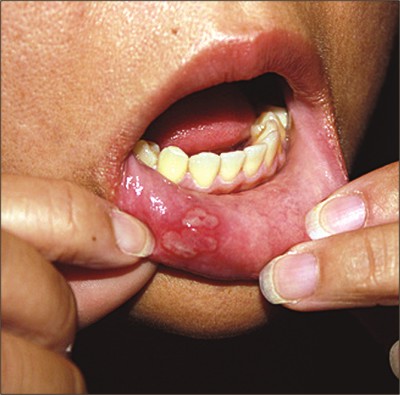
Oral lichen planus is an uncomfortable inflammatory condition that affects the mucous membranes of the mouth. If you suffer from this condition, you may be looking for relief. Thankfully, various oral lichen planus treatment home remedies available can help relieve the pain and inflammation associated with the condition. Herbal treatments for lichen planus have been used for centuries to help manage its symptoms. We will provide ten home remedies for oral lichen planus treatment that can relieve you.
What is Oral Lichen Planus?
Oral lichen planus is a chronic inflammatory condition that affects the mucous membranes of the mouth, including the cheeks, tongue, gums, and throat. It is characterized by the formation of lacy white patches, redness, and ulcers in the affected areas. The exact cause of oral lichen planus is unknown. Still, it is believed to be an autoimmune reaction, where the body’s immune system mistakenly attacks the cells of the oral mucosa.
While the condition can occur at any age, it is most commonly seen in middle-aged adults. It affects women more than men, and those with a family history of lichen planus may be more prone to developing the oral form of the condition.
Oral lichen planus is not contagious and cannot be transmitted through contact or sharing utensils. The condition may cause discomfort, such as burning or soreness, making eating, speaking, and even brushing teeth difficult.
Diagnosis of oral lichen planus is usually made through a visual examination of the mouth, but in some cases, a biopsy may be necessary to confirm the diagnosis. Treatment options for oral lichen planus focus on managing symptoms and preventing complications. These may include corticosteroids, topical medications, and immune-modulating drugs. In the next section, we will explore the causes and symptoms of oral lichen planus in more detail.
Causes and Symptoms of Oral Lichen Planus
Oral lichen planus is a chronic inflammatory condition that affects the mucous membranes of the mouth, causing discomfort and pain. While the exact cause of oral lichen planus is unknown, it is believed to be an autoimmune reaction, where the body’s immune system mistakenly attacks the cells of the oral mucosa. Various factors, including genetics, stress, certain medications, or allergies, may trigger this autoimmune response.
The symptoms of oral lichen planus can vary from person to person but commonly include the formation of lacy white patches, redness, and ulcers in the mouth. These patches can be painful and may cause a burning or stinging sensation. In severe cases, the ulcers can become large and may bleed. The symptoms can make eating, speaking, and even brushing teeth difficult, leading to discomfort and frustration for those affected.
It is important to note that oral lichen planus is not contagious, and it cannot be transmitted through contact or sharing utensils. However, the condition can significantly impact a person’s quality of life. Therefore, seeking proper diagnosis and treatment is crucial to manage the symptoms and prevent complications.
If you suspect you may have oral lichen planus, it is recommended to consult with a healthcare professional who can provide a thorough examination and recommend appropriate treatment options.
Traditional Treatment Methods for Oral Lichen Planus
Traditional treatment methods for oral lichen planus focus on managing the symptoms and preventing complications. The first-line treatment is usually corticosteroids, either applied topically or taken orally. Topical corticosteroids, such as ointments or mouth rinses, can help reduce inflammation and relieve discomfort. They are usually applied directly to the affected mouth areas and can effectively manage mild to moderate cases of oral lichen planus.
For more severe cases, oral corticosteroids may be prescribed. These medications reduce inflammation throughout the body and relieve those with more extensive or persistent symptoms. However, long-term use of oral corticosteroids may have side effects and should be monitored closely by a healthcare professional.
In addition to corticosteroids, other topical medications, such as calcineurin inhibitors, may help manage symptoms. These medications work by suppressing the immune system locally and can help reduce inflammation and promote healing. Immune-modulating drugs, such as retinoids or immunosuppressants, may also be considered in severe cases where other treatments are ineffective.
It is important to note that the effectiveness of traditional treatment methods may vary from person to person. Some individuals may find relief with one type of treatment, while others may require a combination of approaches. Therefore, it is crucial to work closely with a healthcare professional to find the most suitable treatment plan for your specific case of Oral Lichen Planus Treatment Home Remedies.
Why Use Home Remedies?
Many individuals use Oral Lichen Planus Treatment Home Remedies for various reasons.
First and foremost, home remedies are often readily available and affordable. Many of the ingredients needed for these remedies can be found in the kitchen pantry or at local grocery stores, making them convenient and cost-effective options for managing symptoms.
Furthermore, home remedies are often perceived as more Oral Lichen Planus Natural Treatment and less harsh on the body than traditional treatment methods. Some individuals may prefer avoiding the potential side effects of medication or the long-term use of corticosteroids. Home remedies provide a more holistic approach to treatment, focusing on the body’s natural healing abilities.
In addition, home remedies offer a sense of control and empowerment to those suffering from oral lichen planus. Individuals can feel more engaged and proactive in managing their symptoms by participating in Oral Lichen Planus Natural Treatment.
It is important to note that Oral Lichen Planus Natural Treatment may only work for some, and their effectiveness may vary from person to person.
Overall, using Oral Lichen Planus Treatment Home Remedies offers a natural and affordable alternative for those seeking relief from the discomfort and pain associated with this condition.
10 Home Remedies for Oral Lichen Planus Treatment:
If you suffer from oral lichen planus, there are several home remedies that you can try to help alleviate the pain and inflammation associated with the condition. Here are ten options to consider:
Aloe Vera Gel
Applying aloe vera gel directly to the affected areas can help soothe inflammation and promote healing.
Honey
Honey has natural anti-inflammatory and antibacterial properties. Applying a small amount of honey to the affected areas can provide relief.
Coconut Oil
Coconut oil has antimicrobial and anti-inflammatory properties. Swishing coconut oil in your mouth for a few minutes each day can help reduce symptoms.
Chamomile Tea
Chamomile tea has calming and anti-inflammatory effects. Drinking chamomile tea or rinsing your mouth with it can help reduce discomfort.
Turmeric
Turmeric contains curcumin, which has strong anti-inflammatory properties. Mixing turmeric powder with water to create a paste and applying it to the affected areas can relieve it.
Green Tea
Green tea contains antioxidants that can help reduce inflammation. Drinking green tea or rinsing your mouth with it can help alleviate symptoms.
Licorice Root
Licorice root has anti-inflammatory and soothing properties. Chewing on liquorice root or using liquorice mouth rinse can help reduce pain and inflammation.
Baking Soda
Creating a paste with baking soda and water and applying it to the affected areas can help relieve discomfort and reduce inflammation.
Probiotics
Probiotic supplements or probiotic-rich foods can help balance the oral microbiome and reduce inflammation.
Stress management
Stress can worsen symptoms of oral lichen planus. Management techniques such as meditation, deep breathing exercises, or yoga can help reduce symptoms.
Remember, it is essential to consult with a healthcare professional before trying any home remedies to ensure they are safe and suitable for your specific condition. These remedies may not work for everyone, and combining them with other treatment options may be necessary for optimal relief.

